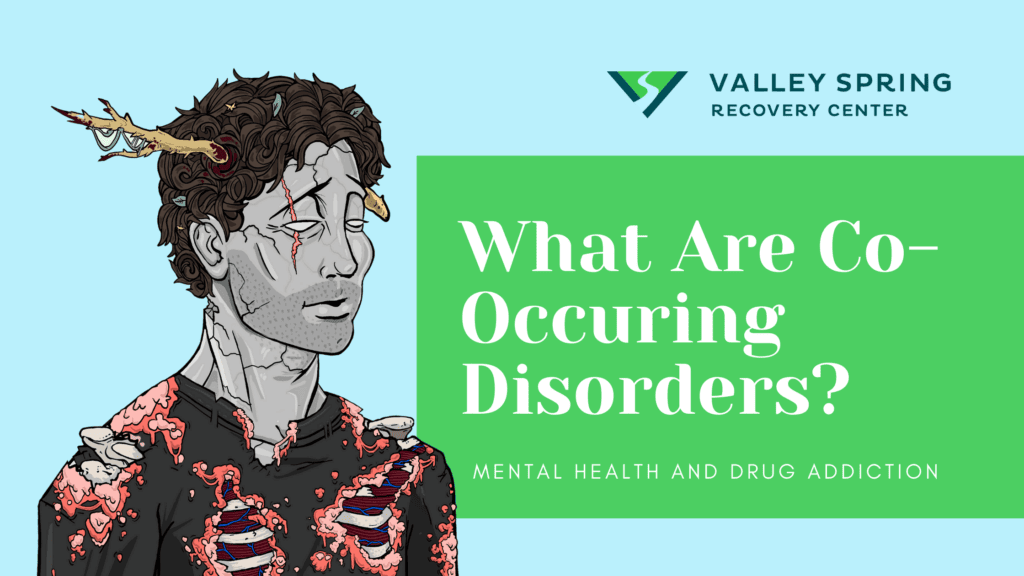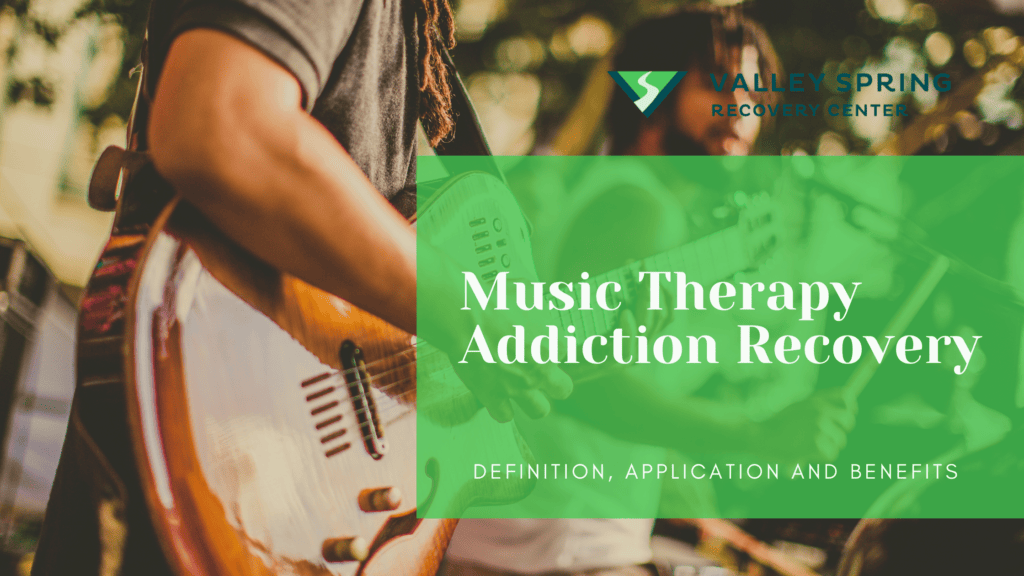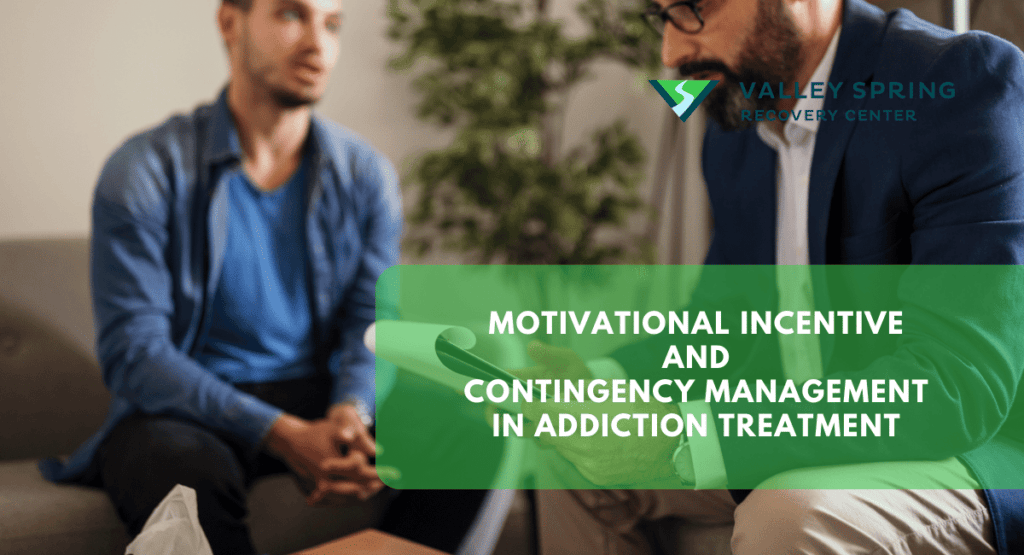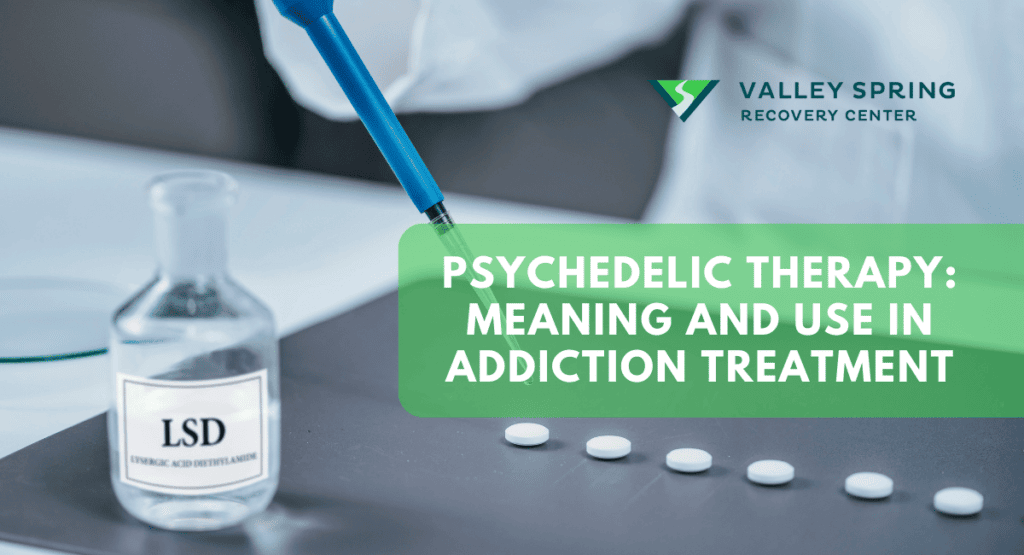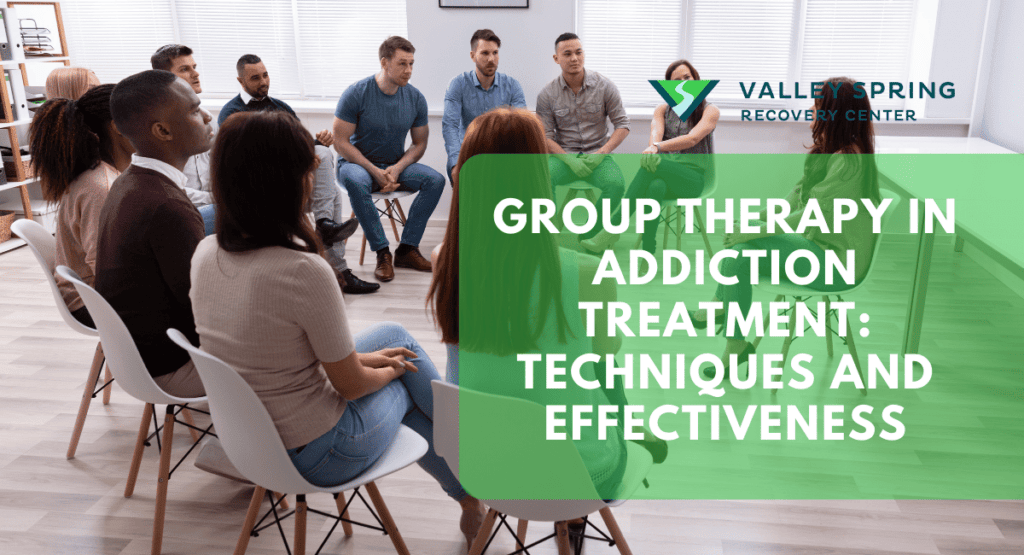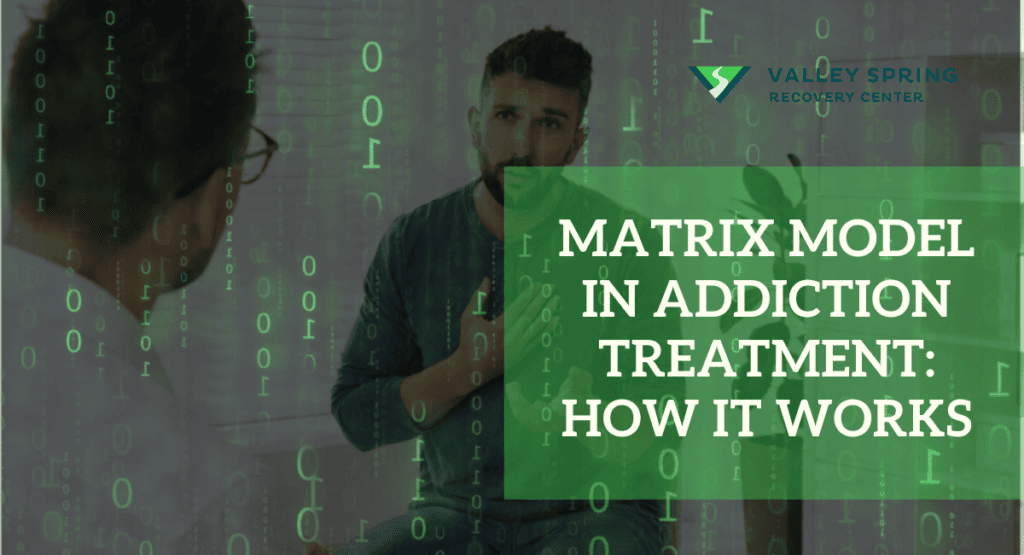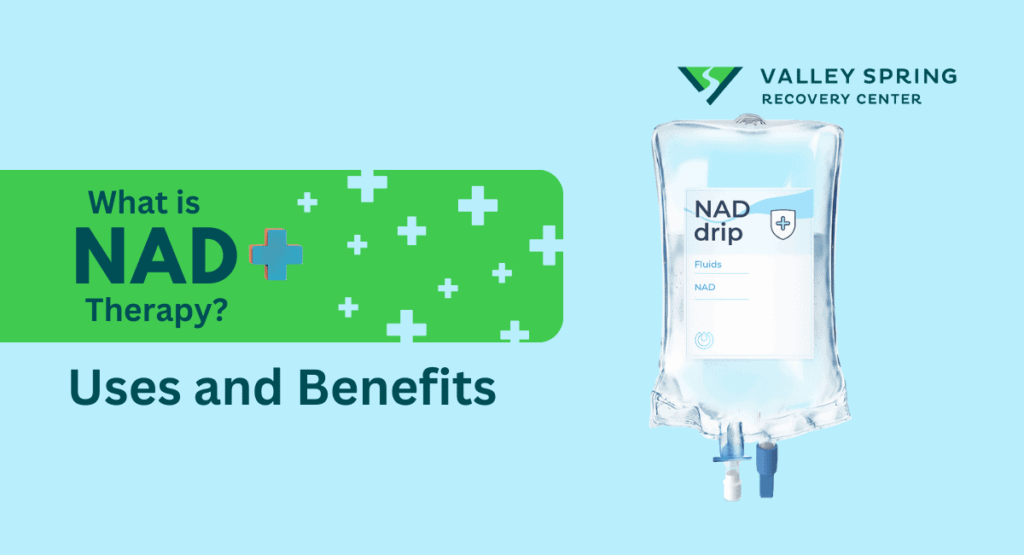Co-occurring disorders, sometimes called dual-diagnosis disorders or co-morbidity, are characterized by the simultaneous presence of a mental health disorder and a substance use disorder within an individual. The interaction between mental health and addiction can complicate diagnosis and treatment, as they often exacerbate each other’s symptoms.
In the United States, co-occurring disorders are a significant health concern. Data from the Substance Abuse and Mental Health Services Administration (SAMHSA) reveals that over 9.2 million adults experienced both a mental health and a substance use disorder in 2019. Furthermore, findings from the National Survey on Drug Use and Health (NSDUH) indicate that individuals with mental illnesses are disproportionately more likely to suffer from substance use disorders, with nearly 40% of those with a substance use disorder also having a co-occurring mental illness.
Research by the National Center for Biotechnology Information (NCBI) highlights the often overlooked impact of co-occurring disorders on individuals, their families, caregivers, and society at large. These conditions pose unique challenges and require a multifaceted treatment approach that incorporates both personal commitment and professional intervention.
Effective treatment for co-occurring disorders typically involves a combination of Individual Dual Diagnosis Treatment (IDDT) and Cognitive-Behavioral Therapy (CBT). These methods are backed by evidence and focus on providing comprehensive support through education, psychological support, and medical care. Treatment programs often necessitate collaboration across various healthcare sectors, including primary care, mental health services, and addiction treatment facilities, to offer a holistic approach that addresses all aspects of the individual’s health.
What Are Co-Occurring Disorders (Dual Diagnosis)?
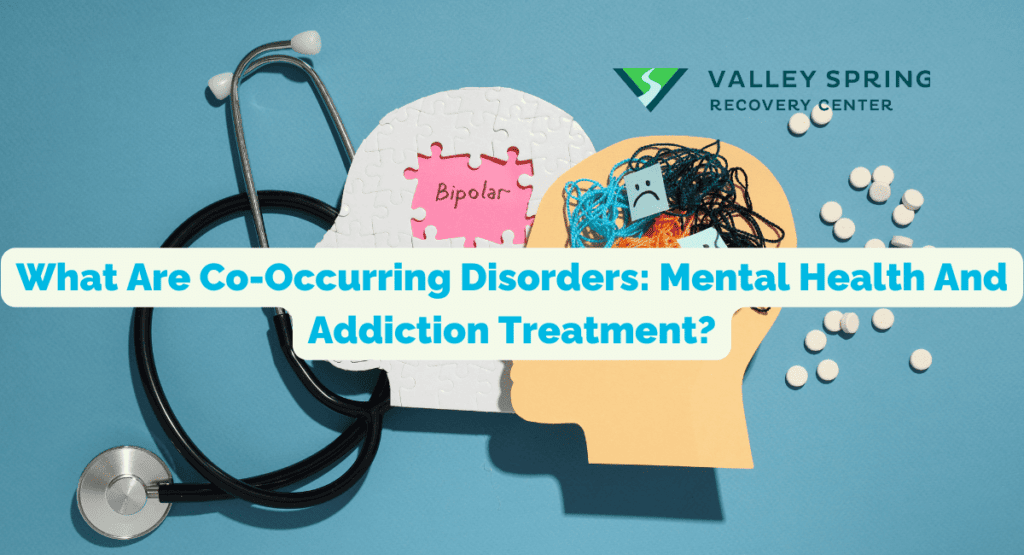
Dual diagnosis refers to the presence of both a substance use disorder (like drug addiction) and a mental health disorder (such as depression or anxiety) in an individual at the same time. These conditions can interact and complicate one another, making treatment more complex.
In simple terms, co-occurring disorders are like having two challenges at once. It’s not just the addiction you’re battling; it could also be things like anxiety, depression, or other mental health issues.
But the good news is, there’s help available that’s designed to tackle both at the same time. It’s about treating you as a whole person, not just one part of you. Understanding co-occurring disorders is a big step toward getting the right help and working towards recovery.
What are Examples of Dual Diagnosis?
Dual diagnosis, also known as co-occurring disorders, refers to the presence of both a mental health disorder and a substance use disorder in an individual. This combination can complicate diagnosis and treatment, as the disorders often interact and exacerbate each other. Below are 10 common examples of dual diagnosis.
- Meth Addiction and Psychosis:
- Methamphetamine use can induce psychotic symptoms, including delusions and hallucinations, which may mimic or exacerbate underlying psychotic disorders like schizophrenia.
- Prescription Drug Addiction and Anxiety:
- Individuals with anxiety disorders may become dependent on prescription medications such as benzodiazepines, which are commonly prescribed for anxiety but are highly addictive.
- Alcoholism and Depression:
- Depression and alcohol use disorder frequently co-occur. Alcohol is a depressant and can worsen existing depressive symptoms, while individuals with depression may turn to alcohol as a form of self-medication.
- Opioid Addiction and PTSD (Post-Traumatic Stress Disorder):
- PTSD and opioid addiction are often linked, with individuals using opioids to cope with the symptoms of PTSD, leading to dependency and addiction.
- Marijuana Addiction and Schizophrenia:
- Marijuana use has been linked to an increased risk of psychotic episodes in vulnerable individuals, such as those with a predisposition to schizophrenia.
- Benzodiazepines Dependence and Anxiety:
- Similar to prescription drug addiction, dependence on benzodiazepines can develop through the treatment of anxiety, leading to a cycle of increased use and increased anxiety symptoms.
- Alcoholism and ADHD (Attention-Deficit Hyperactive Disorder):
- Individuals with ADHD may develop alcohol use disorders, as alcohol can initially seem like a way to self-medicate against the symptoms of ADHD.
- Cocaine Addiction and Bipolar Disorder:
- Cocaine use can exacerbate the symptoms of bipolar disorder, particularly during manic phases where individuals may be more prone to engaging in drug use. The stimulant effects of cocaine can heighten manic behavior and complicate the emotional instability associated with bipolar disorder.
- Heroin Addiction and Borderline Personality Disorder (BPD):
- Individuals with borderline personality disorder may turn to heroin or other opioids as a way to manage feelings of emptiness or to cope with emotional swings. The pain-relieving effects of opioids can be psychologically addictive for those with BPD, leading to a cycle of dependency.
- Ecstasy (MDMA) Addiction and Social Anxiety:
- Ecstasy is often used by individuals with social anxiety to relieve discomfort in social settings due to its euphoric and empathogenic effects. However, regular use can lead to dependence and exacerbate anxiety symptoms when not using the drug.
Here’s an enhanced table that includes explanations on why each dual diagnosis occurs, associated risks, and how treatment approaches need to be tailored specifically for each issue:
| Substance Use Disorder | Mental Health Disorder | Why It Occurs | Risks | Treatment Approach |
|---|---|---|---|---|
| Meth Addiction | Psychosis | Methamphetamine can trigger or exacerbate psychotic symptoms such as delusions and hallucinations. | Increased severity of psychosis, higher risk of self-harm or harm to others. | Integrated treatment focusing on both psychosis management and addiction recovery, possibly including antipsychotic medications and behavioral therapies. |
| Prescription Drug Addiction | Anxiety | Anxiety disorders might lead individuals to misuse prescribed medications for quick relief. | Dependency on medication, worsening anxiety symptoms over time. | Cognitive Behavioral Therapy (CBT) combined with careful medication management and monitoring. |
| Alcoholism | Depression | Alcohol is used to self-medicate mood, but as a depressant, it can deepen depression symptoms. | Increased depressive episodes, suicidal tendencies. | Dual focus on treating depression and curbing alcohol dependence through psychotherapy and support groups. |
| Opioid Addiction | PTSD (Post-Traumatic Stress Disorder) | Opioids may be used to numb emotional and physical pain associated with traumatic memories. | Enhanced emotional numbing, increased risk of overdose. | Trauma-informed care alongside substance use treatment, including therapies like EMDR (Eye Movement Desensitization and Reprocessing). |
| Marijuana Addiction | Schizophrenia | Marijuana can precipitate psychosis in vulnerable individuals, particularly those predisposed to schizophrenia. | Potential for persistent psychotic disorders, difficulty in distinguishing reality. | Antipsychotic treatments and programs designed to reduce marijuana use and address the cognitive impacts of schizophrenia. |
| Benzodiazepines Dependence | Anxiety | Benzodiazepines are often prescribed for anxiety; however, they can lead to dependence and worsen anxiety over time. | Increased anxiety symptoms, potential for severe withdrawal symptoms. | Gradual tapering of the drug, along with therapy to manage anxiety without reliance on medication. |
| Alcoholism | ADHD (Attention-Deficit Hyperactive Disorder) | Individuals with ADHD may use alcohol to self-soothe the symptoms of impulsivity and hyperactivity. | Increased impulsivity and risky behaviors, potential for developing severe alcohol dependency. | Behavioral interventions and appropriate medications to manage ADHD symptoms, reducing the need for self-medication with alcohol. |
| Cocaine Addiction | Bipolar Disorder | Stimulant use during manic phases can be appealing due to increased energy and euphoria, leading to abuse. | Risk of extreme manic episodes and rapid cycling between moods. | Mood stabilizers and supervised detoxification, coupled with psychotherapy to address both bipolar disorder and substance abuse. |
| Heroin Addiction | Borderline Personality Disorder (BPD) | Heroin may be used to alleviate feelings of emptiness or emotional instability associated with BPD. | High risk of addiction, increased emotional and relationship instability. | Dialectical Behavior Therapy (DBT) to address emotional regulation and substance abuse treatment programs. |
| Ecstasy (MDMA) Addiction | Social Anxiety | MDMA is used to enhance sociability and reduce inhibitions in social settings. | Dependency leading to increased social anxiety, potential for neurotoxic effects. | Therapy focused on developing social skills without reliance on substances, combined with MDMA cessation programs. |
These examples illustrate the complex nature of dual diagnosis, highlighting the need for integrated treatment strategies that address both the mental health and substance use aspects of the disorder. Dealing with dual diagnosis is challenging and requires a comprehensive approach that includes medical treatment, counseling, and support groups. This complexity also underlines the risks associated with self-medication and the importance of seeking professional help for mental health issues instead of turning to substances.
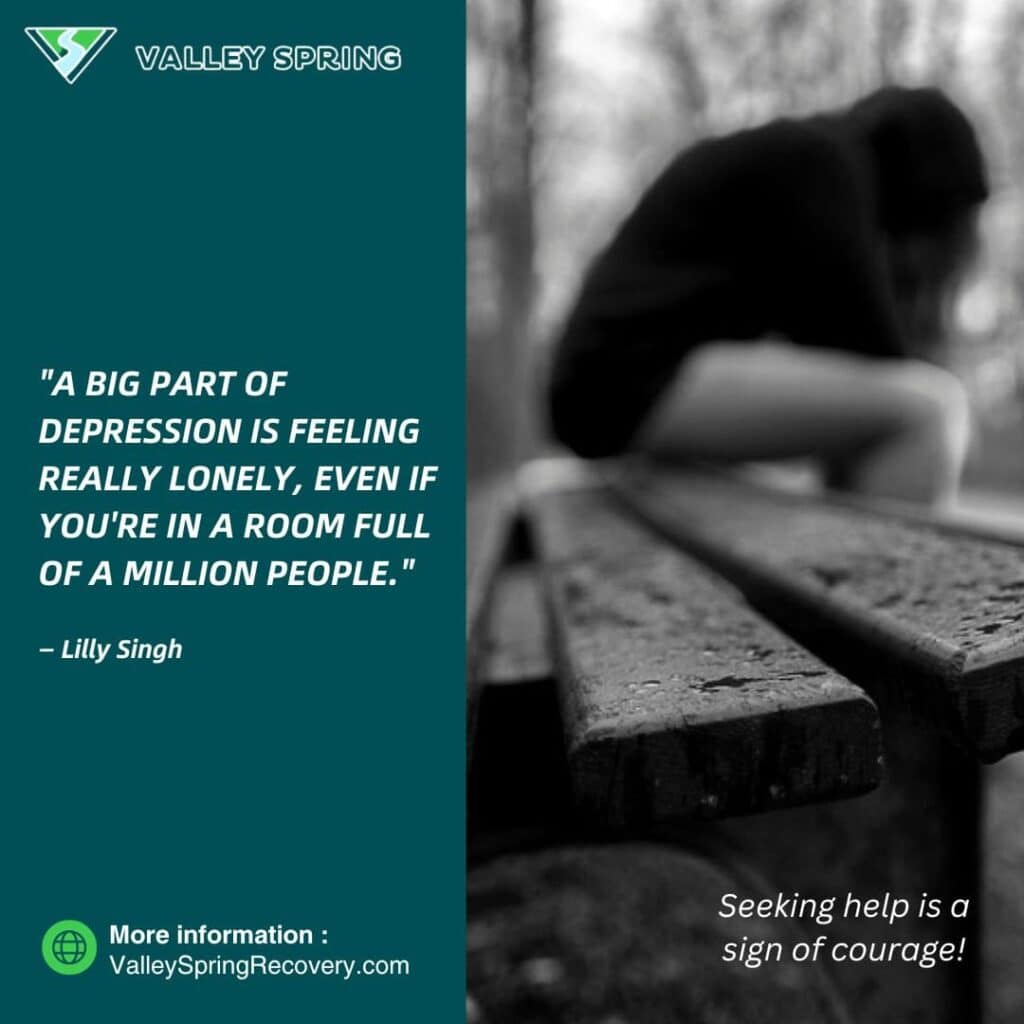
What Are The Symptoms of Dual Diagnosis Disorders?
Dual diagnosis, which involves the coexistence of a substance use disorder and a mental health condition, presents with a complex array of symptoms that vary widely depending on the specific disorders involved. Effective identification often requires integrated screening approaches in mental health settings to detect potential substance abuse issues alongside mental health evaluations according to the National Alliance On mental Illness in California.
Symptoms of Substance Use Disorder
Symptoms associated with substance use disorders can manifest in various behavioral, physical, and psychological changes, including:
- Social Withdrawal: Increasing isolation from friends and family.
- Behavioral Changes: Noticeable, sudden changes in behavior without a clear cause.
- Use in Dangerous Conditions: Consumption of substances in situations where it is physically hazardous.
- Risky Behaviors: Engaging in activities that pose a risk to self or others while under the influence.
- Loss of Control: Inability to regulate substance use in terms of onset, frequency, and cessation.
- Tolerance and Withdrawal: Needing increasingly larger amounts to achieve the same effect and experiencing physical symptoms when not using the substance.
- Dependency: Feeling an urgent need for the drug to function normally in daily life.
Symptoms of Mental Health Conditions
The symptoms of mental health conditions can also be diverse and impact various aspects of an individual’s life. Some common warning signs include:
- Extreme Mood Changes: Severe, unexplained swings in emotions.
- Cognitive Difficulties: Problems with confused thinking, memory, concentration, and decision-making.
- Social Avoidance: Withdrawing from social interactions and activities that were previously enjoyed.
- Suicidal Thoughts: Frequent thoughts of suicide or self-harm, which is an immediate red flag requiring urgent care.
Given the broad spectrum of potential symptoms and their severe impacts, dual diagnosis requires a comprehensive treatment approach that addresses both the mental health condition and the substance use disorder simultaneously. Integrated treatment plans are essential, as treating one condition while neglecting the other can lead to inadequate care and poor overall outcomes.
Our Admissions team is here to help 24 hours a day and will treat you with compassion, dignity, and respect.
We are standing by to guide you through the admissions process.
Click Get Started to fill out a form for an immediate response.
What Are The Different Types Of Treatment For Co-Occurring Disorders?
Co-occurring disorder treatment typically involves evidence-based treatment modalities and therapies aimed at providing comprehensive care to address both conditions concurrently.
Traditional methods for co-occurring disorder treatment often include integrated treatment plans, medication-assisted treatment (MAT), psychotherapy, support groups, family therapy, relapse prevention strategies, lifestyle modifications, stress management techniques, education, and the establishment of structured routines. These approaches aim to promote recovery, manage symptoms, and improve the overall well-being of individuals facing the complex challenge of co-occurring disorders.
The treatment methods that can help you or someone with dual diagnosis are listed below:
- Integrated Treatment: This approach focuses on treating both disorders together, recognizing that they often interact with each other. You’ll work with a team of professionals, including therapists and counselors, to create a tailored treatment plan.
- Medication-Assisted Treatment (MAT): If your co-occurring disorders involve substance abuse, MAT might be recommended. This involves using medications, like methadone or buprenorphine, to manage cravings and withdrawal symptoms while addressing the mental health aspect.
- Psychotherapy: Therapy, such as cognitive-behavioral therapy (CBT) or dialectical-behavior therapy (DBT), is vital. It helps you understand the connection between your mental health and substance use, develop coping strategies, and address underlying issues.
- Support Groups: Joining support groups can be incredibly beneficial. These groups provide a safe space to share experiences and learn from others who are also facing co-occurring disorders. Groups like Alcoholics Anonymous (AA) or Narcotics Anonymous (NA) can be valuable.
- Family Therapy: In many cases, involving family members in therapy can improve your support system. It helps loved ones understand your challenges and learn how to provide meaningful support.
- Relapse Prevention: Learning techniques to prevent relapse is crucial. You’ll work on identifying triggers and developing strategies to manage them effectively.
- Healthy Lifestyle: Incorporating a healthy lifestyle into your recovery plan can make a big difference. Regular exercise, a balanced diet, and adequate sleep can help stabilize mood and reduce cravings.
- Stress Management: Stress often contributes to both mental health and substance use issues. Techniques like mindfulness, meditation, and relaxation exercises can help you manage stress more effectively.
- Education: Educating yourself about both your mental health condition and substance use disorder is empowering. Understanding your challenges can lead to more informed decisions and better self-management.
- Routine and Structure: Establishing a daily routine can provide stability and reduce impulsivity. It’s an essential part of maintaining your recovery.
What are the limitations of treating co-occurring disorders separately?
Treating mental health and substance use issues separately can have some significant limitations for you or someone you know who’s dealing with these challenges. Here are a few key limitations to be aware of:
- Incomplete Understanding: When these issues are treated separately, it’s easier to miss the connection between them. Your mental health and substance use may be intertwined, and treating them separately might not address the root causes effectively.
- Risk of Relapse: If one issue is treated without considering the other, you might be more vulnerable to relapse. For example, if you’re receiving treatment for substance use but not addressing underlying mental health issues, you may turn to substances again as a way to cope with emotional distress.
- Less Effective Treatment: Treating these issues in isolation can result in less effective treatment outcomes. You might find it challenging to manage one condition while the other continues to impact your well-being.
- The strain on Support Systems: It can be confusing and frustrating for your support systems, such as family and friends, when they see you receiving separate treatments. They might not fully understand the interconnected nature of these issues, making it harder for them to provide meaningful support.
- Missed Opportunities: Integrated treatment approaches often offer a more holistic view of your health. By treating both issues together, you can explore how they relate and learn valuable coping strategies that address both aspects of your well-being.
- Longer Recovery: Treating these issues separately might extend your recovery process. An integrated approach can lead to more efficient progress and a quicker return to a healthier life.
While it’s possible to treat mental health and substance use issues separately, doing so may not address the underlying causes and can lead to less effective treatment outcomes. An integrated approach that considers both aspects of your health offers a more comprehensive and potentially more successful path to recovery.
How do traditional approaches fail to address the unique needs of individuals with multiple diagnoses?
It’s important to recognize that traditional treatment approaches may not always effectively address the unique needs of co-occurring disorders. Here’s why:
- Fragmented Treatment: Traditional approaches often separate mental health treatment and addiction treatment, treating them as separate issues. This fragmented approach can overlook the intricate interplay between mental health and addiction, missing the opportunity to address the underlying causes and potential triggers of both conditions.
- Misdiagnosis or Underdiagnosis: Co-occurring disorders can be complex and challenging to diagnose accurately. Traditional approaches may focus on treating one condition while overlooking the presence of the other. This can lead to misdiagnosis or underdiagnosis, resulting in inadequate treatment and limited progress.
- Limited Integration: Traditional treatment models may lack the integration of mental health and addiction services into a cohesive and coordinated approach. This can result in a lack of communication between treatment providers, leading to fragmented care and a lack of comprehensive support.
- Stigma and Shame: Co-occurring disorders often carry a significant stigma, both in society and within healthcare systems. This stigma can prevent individuals from seeking help or disclosing their struggles fully. Traditional approaches may not adequately address the shame and stigma associated with co-occurring disorders, potentially hindering progress and recovery.
- Relapse Risk: When co-occurring disorders are not addressed simultaneously, the risk of relapse increases. Treating one condition while neglecting the other can leave underlying issues unresolved, making it more challenging to sustain long-term recovery and overall well-being.
- Treatment Resistance: Concurrent disorders can be more resistant to treatment compared to single disorders. Traditional approaches that do not address both conditions together may not effectively target the complex underlying factors contributing to the dual diagnosis, resulting in limited treatment outcomes.
Integrated and holistic treatment models that offer comprehensive care addressing both mental health and addiction simultaneously can provide a more effective and tailored approach to your recovery journey. Remember, you deserve holistic support that recognizes the interconnected nature of your challenges and empowers you to achieve lasting well-being.
What are co-occurring disorders’ impact and effects on a person’s life?
The effects of co-occurring disorders can have a significant impact on various aspects of the individual with multiple diagnoses’. Here are some ways in which co-occurring disorders can cause negative consequences:
- Mental and Emotional Well-being: Co-occurring disorders can exacerbate symptoms of both the mental health disorder and the substance use disorder. This can lead to increased feelings of distress, anxiety, depression, or mood swings. It may become challenging to manage emotions and maintain stable mental health.
- Physical Health: Substance use disorders can have detrimental effects on your physical health. The substances you use may damage vital organs, weaken your immune system, and lead to chronic health conditions. Moreover, co-occurring mental health disorders can also impact physical health indirectly by affecting sleep patterns, appetite, and overall self-care.
- Relationships: Co-occurring disorders can strain relationships with family, friends, and loved ones. Substance use and mental health issues may lead to conflicts, misunderstandings, and a breakdown in communication. Trust and reliability can also be compromised, which can further strain relationships.
- Employment and Education: Co-occurring disorders can make it challenging to maintain employment or engage in educational pursuits. The symptoms of mental health disorders, such as lack of focus, low motivation, or mood instability, can interfere with job performance or academic success. Substance use may also lead to absenteeism, decreased productivity, or legal issues, jeopardizing your professional or educational goals.
- Financial Stability: Substance use disorders can be financially burdensome due to the expenses associated with acquiring drugs or alcohol. Additionally, co-occurring disorders can lead to difficulties in maintaining stable employment, which can further impact financial stability. Financial stress can exacerbate mental health symptoms and make it harder to recover.
- Legal Consequences: Substance abuse can sometimes lead to legal issues, such as DUI charges, possession charges, or other criminal activities. These legal consequences can have long-lasting effects on your personal and professional life, including potential incarceration or difficulty finding employment in the future.
How common are co-occurring disorders among individuals with addiction issues?
Co-occurring disorders are relatively common among individuals with addiction issues. Studies have consistently shown a high prevalence of co-occurring mental health disorders among those struggling with substance use disorders.
The exact prevalence rates can vary depending on the population studied and the specific disorders assessed. However, research suggests that approximately 40-60% of individuals with substance use disorders also have a co-occurring mental health disorder. (NCBI)
Why are co-occurring disorders significant in addiction treatment?
Co-occurring disorders are significant in addiction treatment because they necessitate the involvement of professionals trained to administer healing techniques for disorders like anxiety or depression and not just addiction. Treatment of co-occurring disorders requires different types of treatment and different types of professionals with the skills to administer those treatments which may include a psychiatrist, nurse practitioner and LCSW.
Treating addiction alone without addressing the co-occurring disorder or multiple disorders is less effective than treating addiction and mental health issues at the same time. Addressing co-occurring disorders in your treatment is like fixing both the engine and the brakes on that car at the same time or simultaneously. It’s about making sure you have the best chance to recover fully and lead a healthier life.
How do mental health and addiction influence each other?
Mental health and addiction are closely intertwined and have comorbidity between them. Mental health disorders can lead to substance use as a form of self-medication. Conversely, substance abuse can exacerbate or trigger mental health issues. This reciprocal relationship highlights the need for integrated treatment approaches.
Comorbidity between substance use disorders and mental illness is common. A full list of comorbidities as defined by NIDA in their 2021 study can be found below:
- Self-Medication: Sometimes, people turn to substances as a way to cope with their mental health challenges. You may find that drugs or alcohol temporarily alleviate symptoms such as anxiety, depression, or emotional pain. However, this relief is often short-lived and can lead to a cycle of dependence and addiction.
- Dual Vulnerability: Mental health issues can make you more vulnerable to developing a substance use disorder. Conditions like depression, anxiety, or post-traumatic stress disorder (PTSD) can create a sense of distress and make you more inclined to seek relief through substances. Unfortunately, this can lead to a dangerous cycle where substance use worsens your mental health symptoms.
- Chemical Imbalances: Substance abuse can disrupt the delicate balance of chemicals in your brain, affecting your mood, cognition, and overall mental well-being. This disruption can exacerbate existing mental health conditions or even trigger the onset of new ones. It becomes a vicious cycle where substance use worsens mental health and vice versa.
- Impaired Judgment: Both mental health issues and addiction can impair your judgment and decision-making abilities. This can make it harder to recognize the harmful consequences of substance abuse and seek appropriate help. It’s important to be aware of how these conditions can cloud your judgment and seek support from professionals who can provide objective guidance.
- Increased Risks: The presence of co-occurring mental health and substance use disorders can increase your risk for other problems. For example, it may lead to a higher likelihood of engaging in risky behaviors, such as unprotected sex or driving under the influence. These behaviors can have severe consequences for your physical and mental well-being.
- Treatment Challenges: Treating co-occurring disorders requires a comprehensive approach that addresses both mental health and addiction simultaneously. It’s crucial to find healthcare providers who specialize in dual diagnosis and can develop a treatment plan tailored to your specific needs. Treating one aspect while neglecting the other can hinder your progress and increase the risk of relapse.
- Genetics: Both substance use disorders and other mental illnesses are caused by overlapping factors such as genetic and epigenetic vulnerabilities
What are the risk factors for developing co-occurring disorders?
The common causes of developing mental health and addiction are listed below:
- Genetics: If your family has a history of mental health issues or addiction, you might be at a higher risk.
- Early Life Experiences: Traumatic events during childhood, like abuse or neglect, can increase the chances of both addiction and mental health problems later on.
- Brain Chemistry: Sometimes, the way your brain is wired can play a role. Imbalances in brain chemicals can make you vulnerable to both addiction and mental health disorders.
- Stress: High levels of stress, whether from work, relationships, or other factors, can make you more susceptible to these issues.
- Peer Pressure: The people you surround yourself with can influence your behavior. If your friends are into drugs, it can increase your risk.
- Drug Use: Ironically, the use of drugs or alcohol itself can be a risk factor. It can alter your brain chemistry and make mental health problems more likely.
- Not Seeking Help: Avoiding or not getting help for mental health issues early on can lead to self-medicating with drugs, increasing the risk of addiction.
How Does Integrated Treatment For Dual Diagnosis Work?
The integrated approach, also known as integrated treatment or dual diagnosis treatment, is a comprehensive and coordinated method of addressing co-occurring disorders. It recognizes that mental health and addiction are interconnected and aims to provide simultaneous treatment for both conditions. Here are some key aspects of the integrated approach:
- Holistic Assessment: Integrated treatment begins with a thorough assessment that considers both mental health and substance use aspects. This assessment helps identify the specific disorders present, their severity, and how they interact with each other. It also takes into account other important factors such as medical history, social support, and personal circumstances.
- Concurrent Treatment: In an integrated approach, mental health and addiction treatment occur simultaneously rather than as separate interventions. This means that a comprehensive treatment plan is developed to address both conditions together. Treatment modalities may include individual therapy, group therapy, medication management, psychoeducation, and relapse prevention strategies.
- Coordinated Care: Integrated treatment involves collaboration and communication among healthcare providers from different disciplines. This ensures that mental health professionals and addiction specialists work together as a team to provide cohesive and coordinated care. They share information, coordinate treatment strategies, and adjust interventions based on your progress and evolving needs.
- Targeting Underlying Issues: Integrated treatment recognizes that substance use and mental health disorders often have shared underlying factors. These may include trauma, unresolved emotional issues, self-esteem problems, or dysfunctional coping mechanisms. The treatment focuses on addressing these underlying issues to promote long-term recovery and overall well-being.
- Relapse Prevention: Integrated treatment emphasizes relapse prevention strategies tailored to your specific needs. It recognizes that managing both mental health and addiction is an ongoing process and provides tools and coping skills to effectively navigate triggers, cravings, and high-risk situations. Relapse prevention plans may include ongoing therapy, support groups, lifestyle changes, and healthy coping mechanisms.
- Supportive Environment: Integrated treatment often takes place within supportive environments such as specialized dual diagnosis treatment centers or programs. These environments foster a sense of safety, understanding, and empathy. They provide a space where you can openly discuss your challenges, ask questions, and receive support from peers who are also navigating similar experiences.
Is dual diagnosis treatment effective?
The effectiveness of dual diagnosis treatment is significantly enhanced by a holistic approach. This involves coordinated and simultaneous treatment of both mental health and substance use disorders. Key elements of an effective dual diagnosis treatment include:
- Holistic Assessment: A thorough evaluation of both mental health and substance use issues.
- Concurrent Treatment: Simultaneous management of co-occurring conditions.
- Coordinated Care: Ensuring all aspects of treatment work together harmoniously.
- Targeting Underlying Issues: Addressing root causes and not just symptoms.
- Relapse Prevention Strategies: Essential for sustaining long-term recovery.
- Supportive Environments: Creating a setting conducive to healing and recovery.
Traditional treatment methods that overlook the interconnected nature of dual diagnosis often result in fragmented care and limited success. Seeking specialized assistance from healthcare providers with expertise in dual diagnosis is critical to obtaining comprehensive support tailored to co-occurring disorders.
Where To Get Treatment For Co-Occurring Disorders Near Me?
The treatment of co-occurring disorders requires a comprehensive and integrated approach, considering the interplay between mental health and substance use. Two highly effective techniques for addressing these complex conditions are Integrated Dual Diagnosis Treatment (IDDT) and Cognitive-Behavioral Therapy (CBT). The key to effective treatment for co-occurring disorders is that it must be personalized to the individual’s unique needs, considering the severity and type of the mental health disorder as well as the substance use disorder. Coordinated care that addresses all aspects of a person’s life—including psychological, physical, social, and environmental factors—is the most effective way to recover.
IDDT emphasizes the coordination of mental health and substance use treatment, providing a holistic framework for care. CBT, on the other hand, targets both cognitive and behavioral aspects, empowering individuals to challenge negative thoughts and develop healthier behaviors.
Dual Diagnosis treatment in New Jersey is available at Valley Spring Recovery Center for individuals struggling with mental health issues and drug addiction. Contact us today to speak to one of our compassionate admissions counselors who are standing by 24/7.
Ben Fisher
All author postsShare This Post

